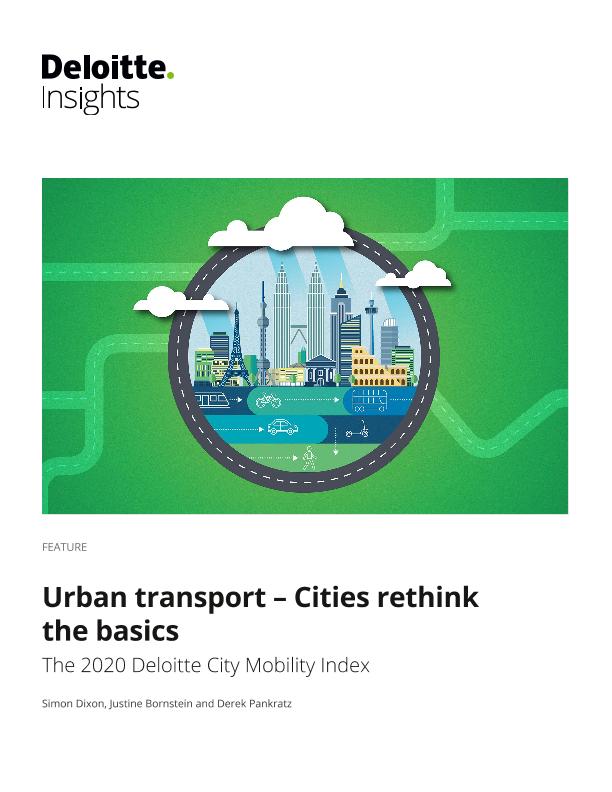Urban transport Cities rethink the basics : the 2020 Deloitte City Mobility Index

Contenido multimedia no disponible por derechos de autor o por acceso restringido. Contacte con la institución para más información.
| Tag | 1 | 2 | Value |
|---|---|---|---|
| LDR | 00000cam a22000004b 4500 | ||
| 001 | MAP20220010238 | ||
| 003 | MAP | ||
| 005 | 20220331130446.0 | ||
| 008 | 220331s2022 usa|||| ||| ||eng d | ||
| 040 | $aMAP$bspa$dMAP | ||
| 084 | $a852 | ||
| 100 | 1 | $0MAPA20220003346$aDixon, Simon | |
| 245 | 1 | 0 | $aUrban transport Cities rethink the basics$b: the 2020 Deloitte City Mobility Index$cSimon Dixon, Justine Bornstein, Derek Pankratz |
| 260 | $aNew York$bDeloitte Insights$c2022 | ||
| 300 | $a14 p. | ||
| 520 | $aThe aim of the Deloitte City Mobility Index (DCMI) is to develop a holistic understanding of how people move in urban environments. Many long-held conventions about transport are being questioned by major cities. How do you créate and sustain foundations, such as sound infrastructure and a safe, clean and efficient service, while also exploring new technologies and solutions? What is the appropriate role for cars (especially private cars) in cities with growing populations? How should data about transport be collected, stored and analysed in a way that balances collective outcomes against individual privacy, cybersecurity, and the competitive concerns of private sector providers? As new transport modes and services show up on city streets, how can they be integrated to enhance the overall transport system? This article explores four of the most prominent trends we observed in updating the Index for 2020. Our research spanned the two years from March 2018 to March 2020, mostly before the impact of COVID-19 lockdowns on cities and transport around the world. (See sidebar "COVID-19 and urban mobility". See also the accompanying note on methodology for more on this year's Index update.) At the time of writing, it is too early to say how things will play out in the future, and whether COVID-19 represents a temporary disruption to developments already underway or whether it will trigger a fundamental shift to a new reality. We believe, however, that applying lessons learned over the past several years will help cities and their transport systems thrive in a post-coronavirus world. | ||
| 650 | 4 | $0MAPA20090014190$aMovilidad urbana | |
| 650 | 4 | $0MAPA20080599522$aTransporte terrestre | |
| 650 | 4 | $0MAPA20080586546$aNuevas tecnologías | |
| 650 | 4 | $0MAPA20080600877$aDesarrollo sostenible | |
| 650 | 4 | $0MAPA20080595180$aCiudades sostenibles | |
| 700 | 1 | $0MAPA20220003353$aBornstein, Justine | |
| 700 | 1 | $0MAPA20220003360$aPankratz, Derek | |
| 710 | 2 | $0MAPA20200000747$aDeloitte Insights |

